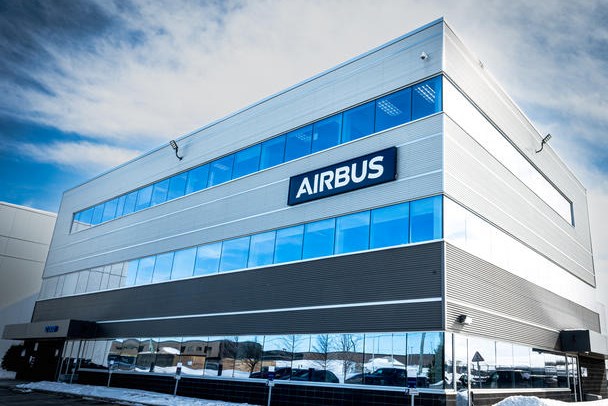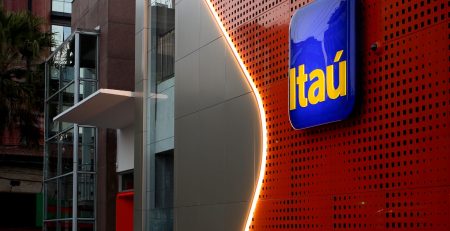Airbus: Leading the Global Transition to Net-Zero Aviation & Aerospace Sovereignty
🌍 Airbus SE – Strategic Review Report
Reinventing Global Aerospace: Innovation, Sustainability & Geopolitical Leadership
1. Corporate Positioning
Airbus SE stands as Europe’s flagship aerospace corporation and one of the world’s most geopolitically significant industrial entities. With commercial aviation as its core business, backed by strategic divisions in defense, space, and helicopter technology, Airbus is not merely an aircraft manufacturer—it is a global technology and security partner to nations.
Key Interest to HG&W Audience:
Understanding how Airbus shapes the aerospace future, not merely competes within it.
2. The Battle for Global Air Dominance
Airbus’s rivalry with Boeing goes beyond commercial orders—it is a strategic face-off between European and American industrial ecosystems. Airbus is increasingly gaining market confidence due to:
-
Operational agility in responding to environmental policies.
-
Greater stability and fewer regulatory setbacks compared to its US counterpart.
-
Enhanced government and EU institutional backing.
📌 Strategic Insight: Airbus is positioning itself not only as an aerospace leader but as Europe’s industrial sovereignty anchor.
3. Innovation as a Competitive Weapon
Airbus invests heavily in advanced digital engineering, AI-driven manufacturing, hydrogen propulsion research, and electric aviation technology. The goal: zero-emission commercial aircraft by 2035, a bold move that could disrupt the entire aviation industry.
Innovation Focus Areas:
-
Hydrogen fuel aircraft under the ZEROe initiative.
-
Autonomous and AI-supported cockpit systems.
-
Additive manufacturing (3D printing) for reduced waste and lightweight components.
-
Urban Air Mobility (UAM) with electric vertical takeoff and landing (eVTOL) vehicles.
📌 Strategic Insight: The company is not preparing for the future—it is actively defining it.
4. Sustainability as Core Strategy
Airbus is transforming aerospace sustainability from a compliance activity to a competitive advantage. Its sustainability approach is built on:
-
Reducing lifecycle carbon emissions across production and operations.
-
Transitioning to SAF (Sustainable Aviation Fuels).
-
Circular manufacturing principles for aircraft recycling.
📌 Business Implication: Investors, governments, and airline customers see Airbus as the long-term sustainability partner capable of aligning profitability with environmental stewardship.
5. Geopolitics, Defense & Strategic Autonomy
Through Airbus Defence and Space, the company plays a critical geopolitical role. With rising global tensions and increased defense spending in Europe and across NATO, Airbus provides:
-
Military transport aircraft
-
Satellite communication systems
-
Cybersecurity solutions.
📌 Key Observation: Airbus is strategically positioned at the intersection of commercial aviation, national defense, and digital sovereignty.
6. Diversified Revenue & Risk Management
Unlike pure commercial manufacturers, Airbus leverages diversified business lines. This reduces vulnerability to shocks such as pandemics, travel bans, or fluctuating passenger demand.
📌 Strategic Benefit: Airbus’s balanced business model ensures resilience while enabling sustained investment in emerging technologies.
7. Outlook – Airbus as a Key Enabler of the Next Global Economy
Airbus is not just manufacturing aircraft—it is building the infrastructure of future global mobility and defense. With energy transition, decarbonization, and digital aerospace ecosystems accelerating, Airbus stands at the center of transformation.
Future Growth Drivers:
-
Hydrogen propulsion leadership
-
Urban air mobility markets
-
Satellite broadband services
-
Strategic defense partnerships with NATO and EU
✅ HG&W Conclusion: Airbus is a model of industrial transformation—balancing sustainability, profit, and geopolitical leadership in a way that few companies on earth can replicate.











Leave a Reply